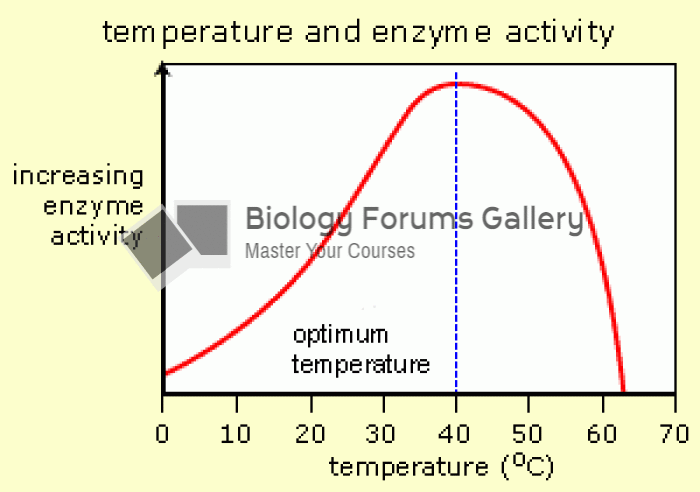This topic contains a solution. Click here to go to the answer
|
|
|
Did you know?
The horizontal fraction bar was introduced by the Arabs.
Did you know?
According to the CDC, approximately 31.7% of the U.S. population has high low-density lipoprotein (LDL) or "bad cholesterol" levels.
Did you know?
According to the FDA, adverse drug events harmed or killed approximately 1,200,000 people in the United States in the year 2015.
Did you know?
Alzheimer's disease affects only about 10% of people older than 65 years of age. Most forms of decreased mental function and dementia are caused by disuse (letting the mind get lazy).
Did you know?
When blood is exposed to air, it clots. Heparin allows the blood to come in direct contact with air without clotting.
 Areas of differing productivity and diversity in a wetland. (a) Typha dominates core habitats, while
Areas of differing productivity and diversity in a wetland. (a) Typha dominates core habitats, while
 Temperature profile of the Uranian troposphere and lower stratosphere. Cloud and haze layers are als
Temperature profile of the Uranian troposphere and lower stratosphere. Cloud and haze layers are als





